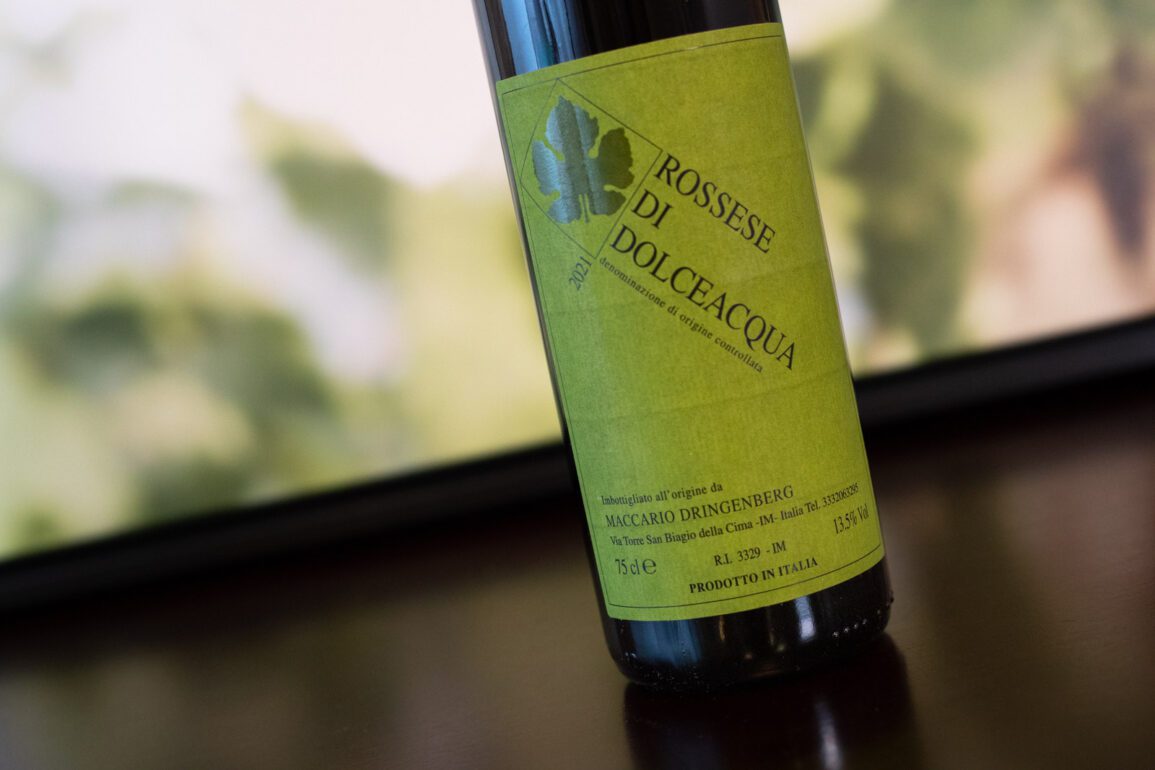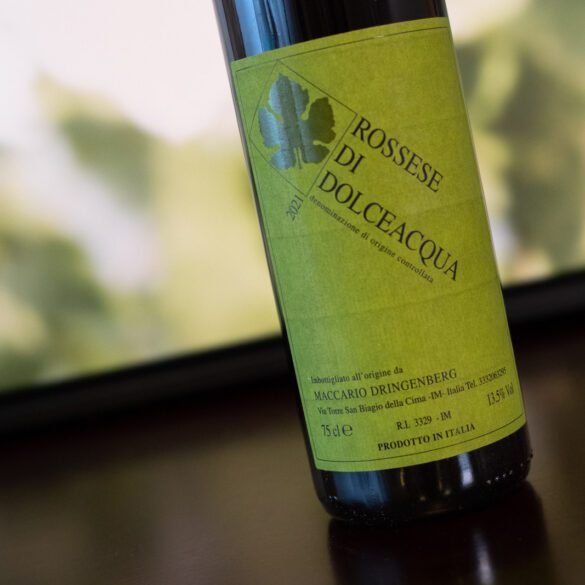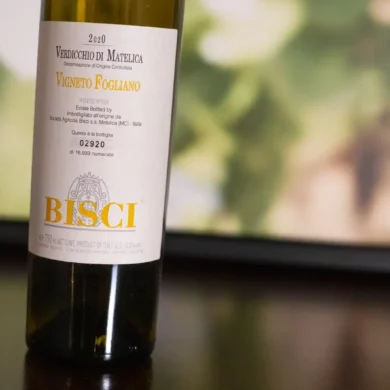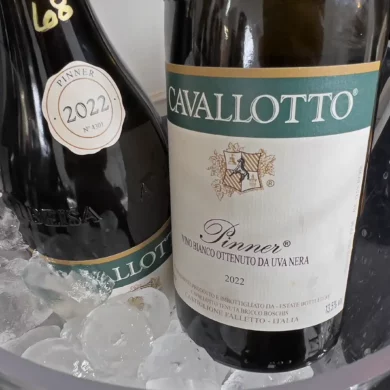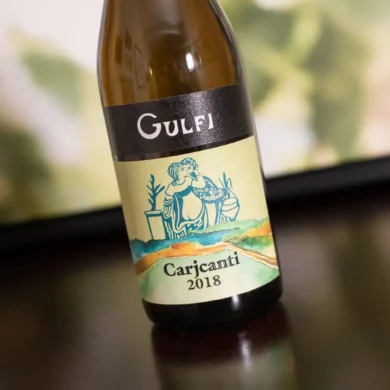Have you ever drank a Rossese wine? In writing about Maccario Dringenberg’s version of it for this iteration of Wines to Admire, I started making the assumption that you all had. But why? Confined mostly to Liguria and Provence (where it is called Tibouren), this fickle, wild and distinctive red grape has a fairly small footprint on the wine world.
We have a column for this sort of thing: it’s called Should I Drink This? and it profiles lesser-known grapes with unusual names. I always imagine a consumer finding such a label in a wine store, and — curiosity burning their finger tips — they Google the question. If I write this column on a grape, the answer is always “yes, yes you should.” And that’s the case with Rossese.
The vineyards they tend to are some of Italy’s most extreme: severely pitched, narrowly terraced and filled with ancient alberello-trained bush vines with long, probing roots.
But here at Opening a Bottle, I’ve actually covered this grape a lot. We published a profile on Clos Cibonne who makes a mysterious and nuanced rosé from the grape, and two separate Wines to Admire columns on Tenuta Anfossa’s renditions — a white Rossese from some of the oldest vines I’ve ever come across, as well as their potent Poggio Pini. And that’s not to mention an Essential Winemaker of Italy, Punta Crena, earning that recognition in part because of their fresh, flavor-popping coastal take on Rossese.
All of this love for Rossese probably lazed me into assuming we’ve been over this grape before. But it is truly a remarkable grape, capable of a pleasantly tart touch of fruit, a suggestion of spice, an ethereal weight, and a persistence that’s hard to ignore. If you are a Cabernet or GSM drinker, you might not get it at first: power can come in many forms, and Rossese is not a body builder, more like a gymnast. But if you have an adventurous palate and a keenness for red wines that are versatile at the table, Rossese is a grape to know and love.
I recently returned to it for these very reasons, purchasing a bottle of Maccario Dringenberg’s entry-level Rossese di Dolceacqua, a DOC-level wine from a rugged and remote patch of Liguria’s highlands. The name of the winery is a fusion of familial names: Giovanna Maccario and her German husband, Goetz Dringenberg. Maccario’s family has deep roots in the area, and she left a career in architecture to oversee the family winery when her father, Mario, passed away in 1994.
The vineyards they tend to are some of Italy’s most extreme: severely pitched, narrowly terraced and filled with ancient alberello-trained bush vines with long, probing roots. The production is miniscule as well: while Maccario Dringenberg produces two single-vineyard wines, the classico below — a blend of plots — only has about 8,000 bottle produced a vintage.
Yet it is oh-so-special, and worth seeking out if you get the chance. The aromas alone are worth the price of admission: complex, shape-shifting and profound.
2021 Maccario Dringenberg Rossese di Dolceacqua
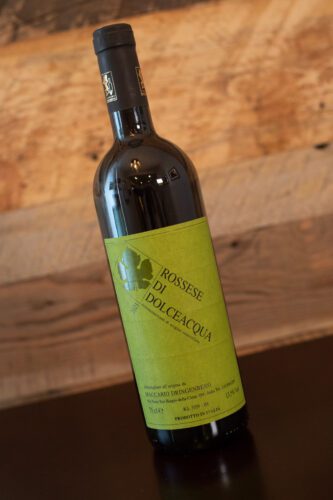 Rossese di Dolceacqua DOC (Liguria )
Rossese di Dolceacqua DOC (Liguria )
Grapes: Rossese (100%)
Alcohol: 13.5%
Opinion: ★★★★★ (out of five)
Food friendliness: Impeccable
Value: As Expected
A beginner might like … comparing this wine to Nebbiolo. The fruit is decidedly more tart and pomegrante-like, and the tannins are quite different in nature, but the earthy aromas, and — even more so — the personality of the wine, lends itself nicely to such a comparison. Just don’t pin Rossese as part of Nebbiolo’s orbit: this wine has shades, but this is a grape that offers a diverse range all its own.
A wine obsessive might like … comparing Dringenberg to Tenuta Anfossa, Punta Crena and Clos Cibonne. Look, if you are going to be a wine obsessive, you may as well study the minutiae of the world’s most obscure grapes. And while Rossese/Tibouren is obscure, it is also brilliant and capable of supreme terroir expression. Dringenberg is less bitter than its Dolceacqua neighbor, Tenuta Anfossa, likely because of the latter’s emphasis on partial stem-inclusion. But these inland wines seem to carry more weight and gravity than their coastal cousins.
Note: This wine was purchased with funds from our editorial budget thanks to subscribers like you. Learn more about our editorial policy.
